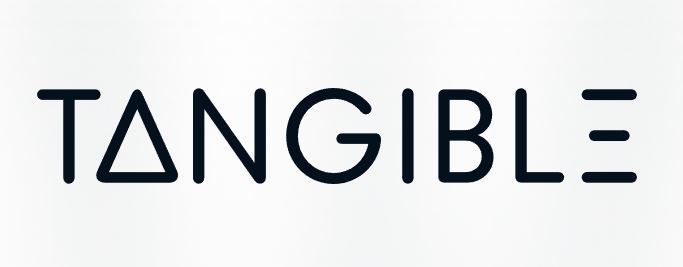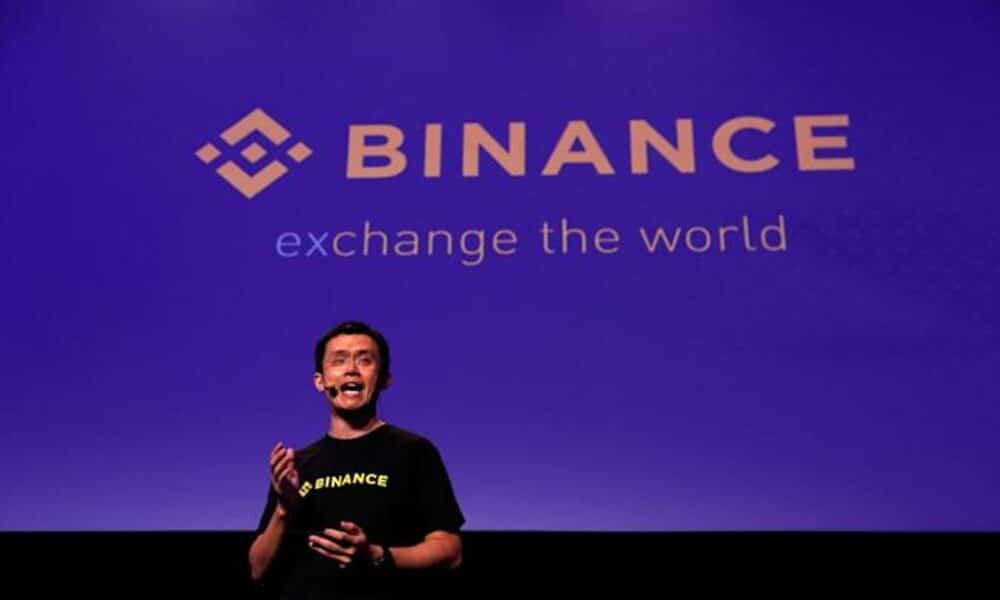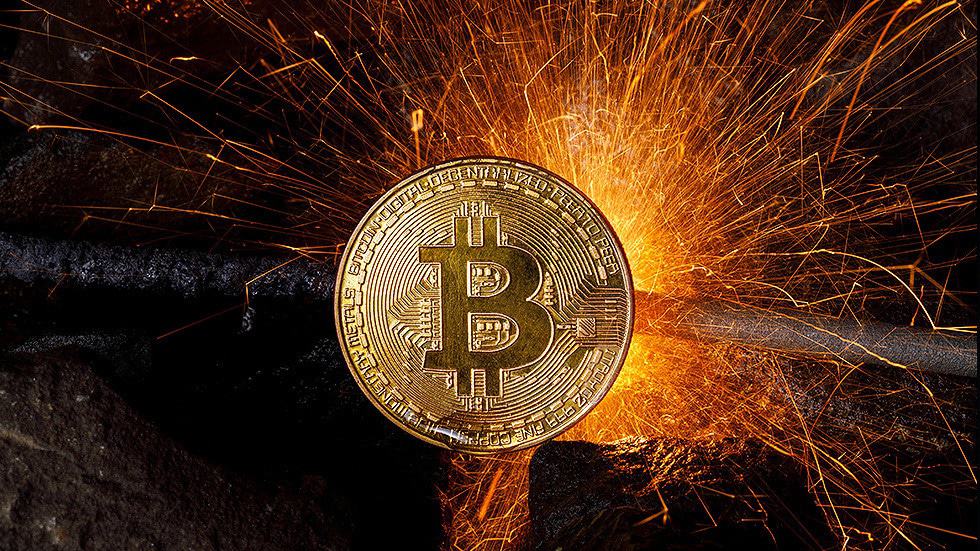Increasingly strong signals regarding the adoption of cryptocurrencies and blockchain technology are coming from the Philippines. The central bank there is considering using stablecoin for cross-border settlements. Work on CBDC also appears to be in its final stages.
Stablecoins with potential for the Philippines
The director of the Central Bank of the Philippines, Mhel Plabasan, noted that the institution he heads is highly supportive of stablecoins. In his view, they have the potential to support the country’s current monetary system, as well as make cross-border payments faster.
Plabasan shared this opinion during a panel discussion at Forkast’s “Crypto Rising: CBDCs & Stablecoins: The Asia Perspective.” In doing so, he pointed out the significant number of Filipinos working abroad. Their numbers may be as high as 12 million, with nearly 4 million of them currently living in the United States. Plabasan referred to the benefits stablecons can bring to this particular segment of the population:
“We saw that this really has the potential to revolutionize both domestic and cross-border payments more affordable, faster, and even the ability to use stablecoins to make cross-border remittances efficient.”
He added:
“That’s why it’s important for us to continuously engage the private sector and learn together with them. We are part of the journey to get to improved digital payments using stablecoin.”
CBDC in final stages of preparation
During the conference, the Philippine bank’s director also revealed that a CBDC pilot program will soon be launched. The project has been dubbed CBDCPh by the authorities, and its official launch is expected to take place before the end of this year.
The central banks of Sweden, Norway and Israel boast similar achievements. They are working under a common banner, called “Project Icebreaker.” Their goal is to verify that CBDCs can enable faster and cheaper payments than traditional financial solutions offer. The work is expected to last until the end of 2022. Soon after, the public should learn a report on their effects.
BIS involvement
It is interesting to note that the Bank for International Settlements (BIS) has custody of the research outlined above. The involvement of this global institution in the projects at the CBDC, reinforces the belief that their final implementation into practice is only a matter of time. As Beju Shah – head of the BIS Innovation Hub Nordic Centre – comments:
“This first-of-its-kind experiment will delve into the choices and trade-offs of technology, architecture and design. It will also allow us to explore related policy issues. These lessons will be invaluable to central banks thinking about implementing CBDCs for cross-border payments.”



























